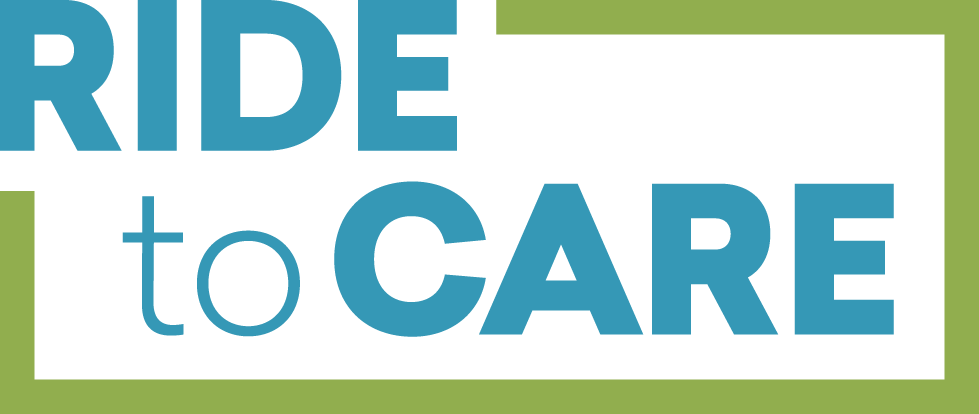Key Program Information
Health Share providers and their staff play an important role within the Ride to Care program when working with members who often experience barriers of one kind or another. Keeping clinic leadership and patient-facing teams informed about the Ride to Care program helps us all better support members utilizing the program.
Update member information before we schedule trips. We want to ensure that Health Share members are receiving the best, most cost-effective services for their transportation needs.
When members call us to schedule a trip, we’ll ask about their transportation resources and situation, including the items below. If you are helping to schedule members’ trips, we may ask you about this information as well:
If a member has four or more stairs they are unable to go up or down by themselves, please tell us how many stairs the member needs to navigate.
Please tell us if a member needs oxygen or any other medical monitoring or assistance during transport. Ride to Care will ask if there is oxygen or other medical services available at the member’s destination.
Please tell us if a member needs a stretcher provided, i.e., if they are unable to support themselves upright during transport. Ride to Care will ask if they have a place to transfer at their destination.
Any mobility device or special vehicle needs.
Any medical or mental health conditions preventing the member from using public transportation or driving.
The member’s access to public transportation.
Whether the member can drive themselves to appointments, or have family or friends drive them.
Any attendants or others traveling with the member, including minors requiring car seats.
Any special modifications to the trip based on the member’s needs, history or circumstances.
As part of this process, we may ask medical providers to:
These questions help us make sure members receive the best service for their needs.
Receive notices of denied NEMT benefits (OAR 410-141-3920). The state requires coordinated care organizations such as Health Share to send a notice of adverse benefit determination (NOABD) to the member within 72 hours of each denial of service. Transportation service denials do not necessarily mean the medical service the member was receiving was not covered, however at times we may deny transportation if Ride to Care cannot determine if the member is attending or receiving a covered service.
If you would like more information about the reason a member’s transportation service was denied, please call us. If you are the provider the member was scheduled with, we can send you a copy of the NOABD upon request.
